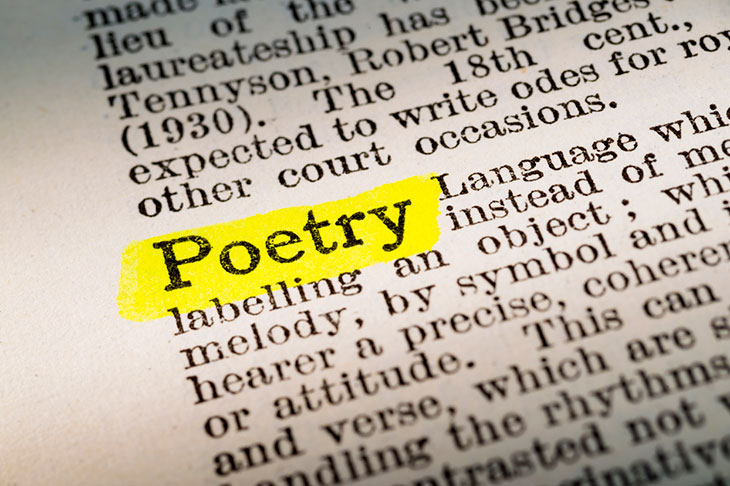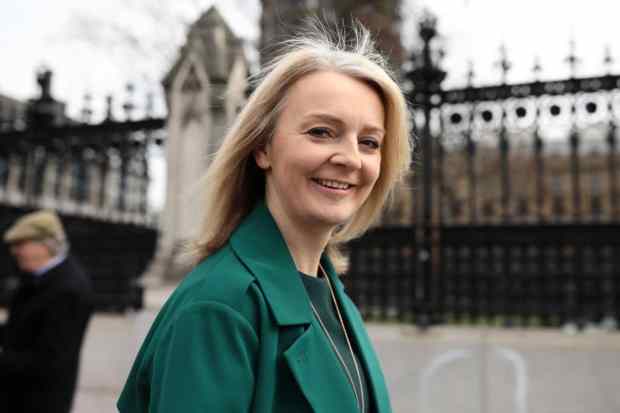Juan Carlos, ex-King of Spain, behaved foolishly in relation to money and sex, and so his decision to leave Spain is sad, but justified. That seems to be the view of most moderate people outside Spain who are not ill-disposed to the monarchy. But it is it right? Certainly Juan Carlos’s foolishness was real, but his imposed exile (it is not really voluntary) to the Dominican Republic is not a punishment for a crime: there has never been any legal process. It is a partisan political act which is bad for the unity of Spain. Juan Carlos’s exile was forced on the current King, his son Felipe VI, by a weak prime minister, the Socialist Pedro Sanchez. Although in office for more than two years, Sanchez has not until now managed to get a new budget through the Cortes, in which he holds no overall majority. The exile is the price Sanchez pays for the support of the Catalan and Basque separatist parties, which are republican. They seek to break up Spain, and the best way of achieving that is to melt the glue of the monarchy. In Britain, we sometimes moan that our own royal family is too large, but it does provide a sort of bodyguard for the monarch. In Spain, the family has been so whittled down that the only royals with public roles are the present King and Queen and their two daughters, both of whom are children. Felipe is an impressive man, but embattled, because attacks on the family of a monarch, justified or not, are almost always ‘weaponised’ by people intent on destroying the monarchy itself. A republican Spain would very likely be a Spain that falls apart, an example not irrelevant to the United Kingdom.
Noel Quinn, the chief executive of HSBC, declines to say whether his bank will disown pro-democracy staff who fall foul of China’s draconian new security law for Hong Kong. The bank, he says, follows the law of every country in which it operates: it will treat the issue case by case. What he may not have digested is that the new security law claims universal jurisdiction. Any Hong Kong person making secessionist, terrorist, seditious etc statements (as defined by China) anywhere in the world commits a crime, just as if he makes similar statements from Victoria Peak, Hong Kong. If I were a pro-democracy Hong Kong citizen working at HSBC’s headquarters in London, I would ask Mr Quinn whether he will protect me when the Chinese authorities drop in to demand my extradition.
For obscure reasons, Covid-19 allows next year’s English literature GCSE syllabus to drop ‘subjects such as poetry’. Yet poetry is the original and greatest form of literature. It is rather like saying that music can drop ‘subjects like singing’.
In his Diary here last week, the novelist Lee Child dismissed those who, in response to ‘Black Lives Matter’, say ‘White Lives Matter’: ‘into the subsequent embarrassed silence crash the voices of ghosts, who say “Yes, of course, but they always have”.’ For other reasons (see Notes, 27 June), I am not happy with the ‘White Lives Matter’ response, but Mr Child’s assertion that white lives have always mattered is simply wrong. Two obvious examples spring to mind. One is that for centuries white Protestants killed white Catholics, and vice versa. Another, even more striking, is that almost exclusively white people killed, within living memory, six million almost exclusively white Jews. In neither case did their whiteness protect them. Similarly, black lives did not matter to the predominantly Hutu Rwandans who slaughtered about 800,000 of their predominantly Tutsi compatriots (‘cockroaches’, they called them) in 1994. No race or area of the world has ever proved that everyone believes all human lives, or even just white lives, matter.
Save Victoria Tower Gardens is the name of the campaign against the proposed Holocaust memorial there, just beside the Houses of Parliament. ‘We have nothing against building a Holocaust memorial,’ it says, ‘but everything against losing any open space’. I support the SaveVTG campaign, but surely the case could be better put? It is inadequate to say one has ‘nothing against’ a Holocaust memorial. There is, at present, no major one in Britain. There surely should be. There are three objections to this one. The first, correctly stated, is the destruction of precious green space in a crowded area. The second is the ugly design. The third is the thinking behind the plan, which regards the memorial as a general lesson against ‘intolerance’, instead of confronting the unique horror of the Shoah.
If we are really to ‘decolonise’ history, what will happen to the Oxford Dictionary of National Biography? Thanks to the generosity of a friend, I am the proud possessor of its most recent complete edition (2004), brilliantly edited by H.C.G. Matthew and Brian Harrison. Part of its immense interest and usefulness lies in its large definition of the word ‘national’. Rather than sticking strictly to Great Britain, it encompasses citizens of the British Empire, such as Jan Smuts and Mohandas Gandhi, and of the Commonwealth, such as Robert Menzies and Julius Nyerere. It even includes George Washington and King Cetshwayo of the Zulus. This generous approach brings out the extraordinary richness, complication and ambiguity of the British colonial story. This, truly, is world history. Yet in the eyes of the current decolonisers, such inclusion and diversity must presumably be anathema, since the DNB taints everyone who features in it with Britishness.
On Tuesday, I made my first attempt at ‘eating out to help out’. The total bill for my host for a pleasant outdoor lunch was £14.95. It is hard to tell whether this, multiplied hundreds of thousands of times, really does much for the recovery but, judging by the conversation in the café, it certainly gives popular currency to two words, ‘Rishi Sunak’ — the neatest form of political advancement since ‘Boris bike’.
Got something to add? Join the discussion and comment below.
Get 10 issues for just $10
Subscribe to The Spectator Australia today for the next 10 magazine issues, plus full online access, for just $10.
You might disagree with half of it, but you’ll enjoy reading all of it. Try your first month for free, then just $2 a week for the remainder of your first year.















Comments
Don't miss out
Join the conversation with other Spectator Australia readers. Subscribe to leave a comment.
SUBSCRIBEAlready a subscriber? Log in